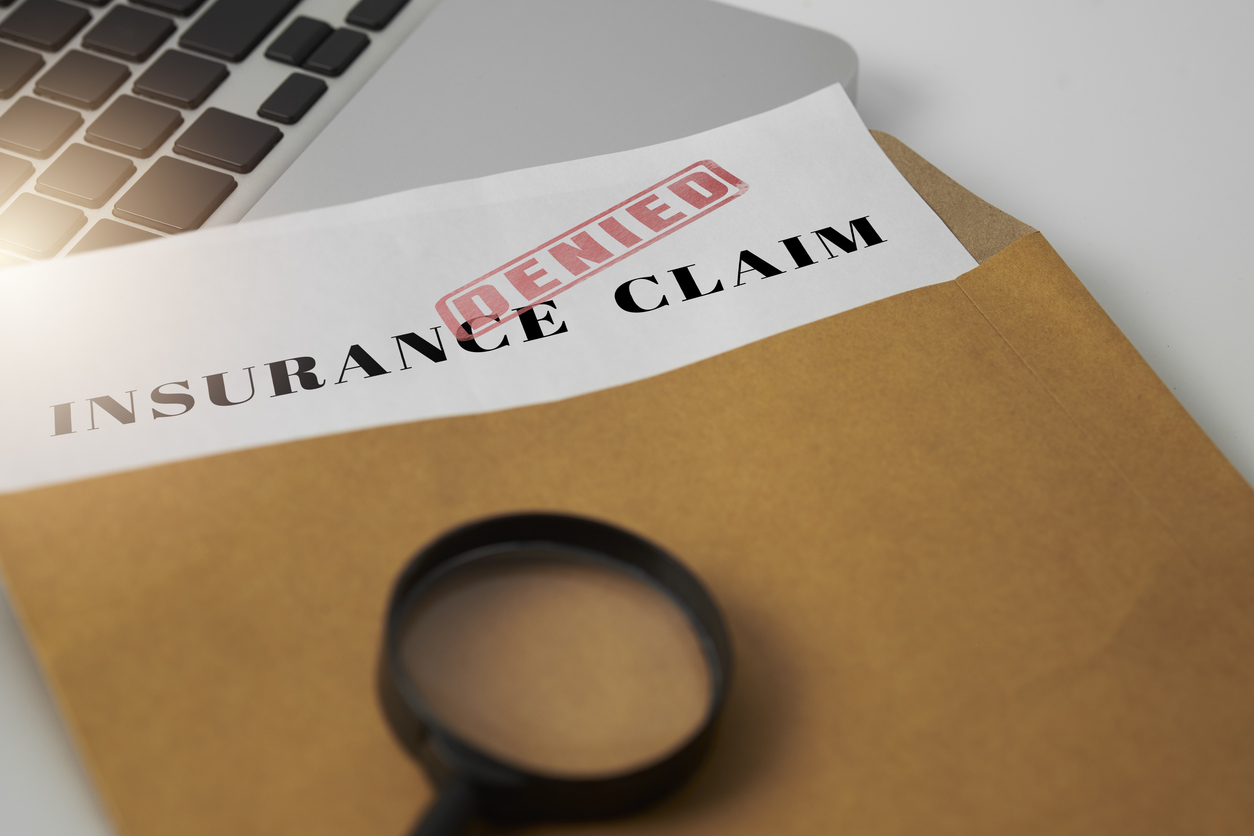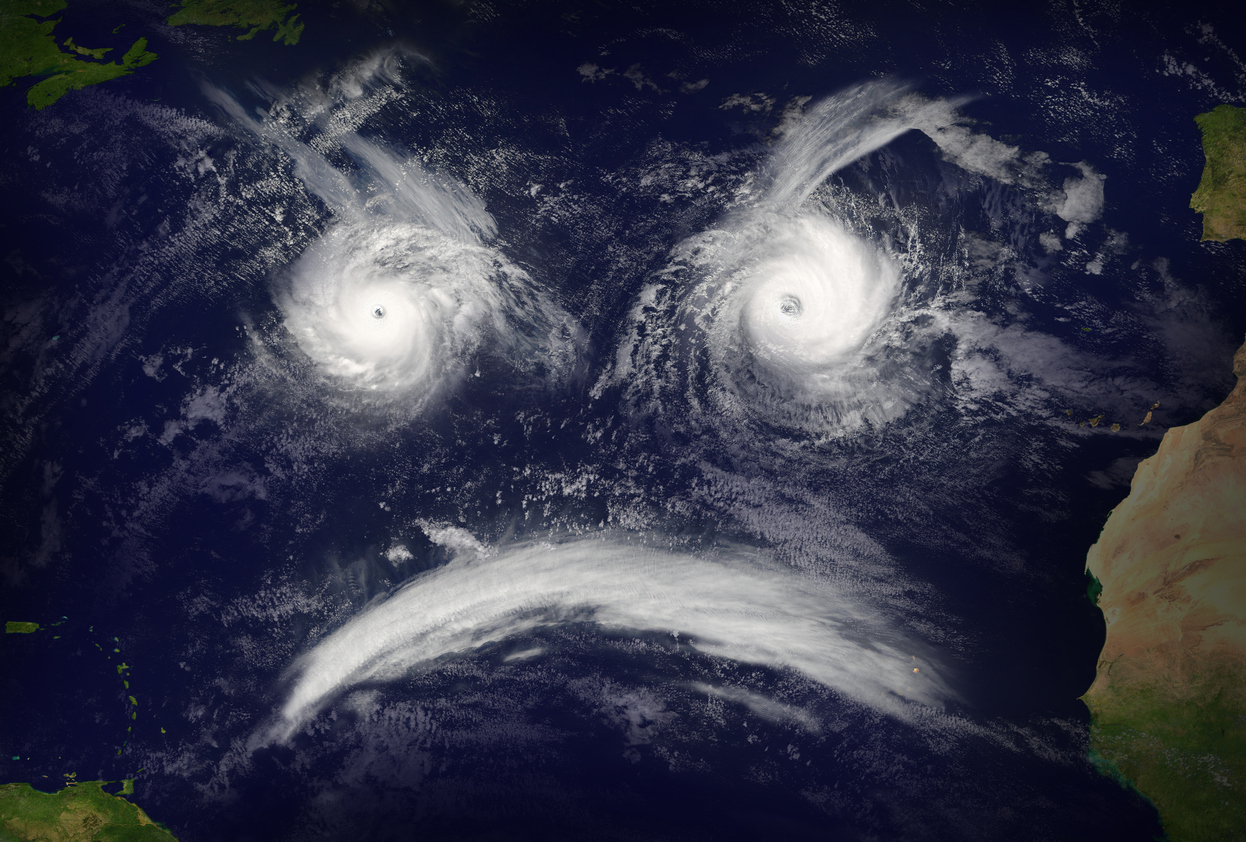Edward Fako alerted me to a recent Illinois case involving a mitigation contractor who was accused of acting as a public adjuster.1 A less than $5000 mitigation bill resulted in an appellate court discussion about what constitutes public adjusting in Illinois.
Many contractors in Illinois do not run afoul of the problems recited in this case because they are also licensed public adjusters. Many Illinois public adjusters work closely with affiliated contractors. In my view, Illinois regulations are pretty unique allowing much more overlap between contractors and public adjusters versus many other states that prohibit these arrangements.
The decision is a 22-page opinion filled with facts. The holding is pretty simple:
Plaintiff, Power Dry of Chicago, Inc., d/b/a Chicago Water and Fire Restoration (CWFR), appeals from the trial court’s dismissal of counts I through VII of its first amended complaint against defendants, Matthew Bean, Maurissa Bean, Raymond D. Bean, Lutheran Mutual Fire Insurance Company (Lutheran Mutual), L.J. Shaw & Company (LJ Shaw), Caliber Home Loans, Inc. (Caliber), and unknown necessary parties. The trial court granted the dismissal pursuant to section 2-619(a)(9) of the Code of Civil Procedure (Code) (735 ILCS 5/2-619(a)(9) (West 2018)) after finding that CWFR was acting as an unlicensed public adjuster in violation of both the Public Adjusters Law (215 ILCS 5/1501 et seq. (West 2018)) and the public insurance adjusters and registered firms statute (adjusters and firms statute) (215 ILCS 5/512.51 to 512.64 (West 2018)) of the Illinois Insurance Code, rendering void and invalid its contract assigning it rights to the Lutheran Mutual insurance policy held by the Beans. For the reasons that follow, we affirm the trial court’s dismissal.
The holding is an important lesson for restoration contractors because the court held the contract was null and void. As a result, the contractor could not enforce a mechanics lien or charge for services provided.
Thought For The Day
There are only three ways to meet the unpaid bills of a nation. The first is taxation. The second is repudiation. The third is inflation.
—Herbert Hoover
_________________________________
1 Powder Dry of Chicago v. Bean, No. 2-21-0043 (Ill. App. Feb. 28, 2022).




